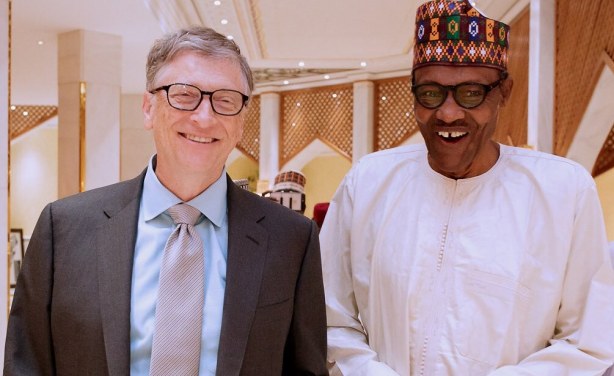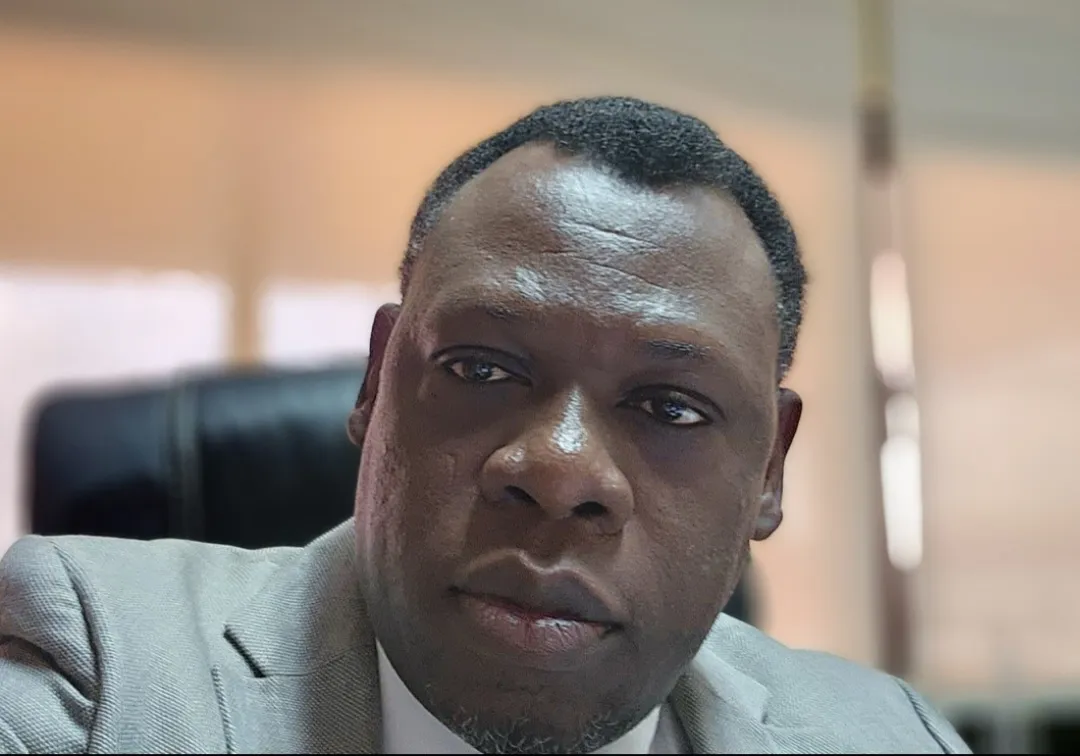Our Stand On Bill Gates’ Comment On ERGP -FG

The Federal Government has faulted many reports which claimed that visiting American billionaire and philanthropist Bill Gates has picked hole in the government’s Economic Recovery and Growth Plan, ERGP as not reflective of the people’s needs.
In a statement Friday, the Ministry of Budget and National Planning stated that the context in which the Microsoft founder presented his remark, at the expanded National Economic Council held at the old Banquet Hall of the Presidential Villa, Abuja on Thursday, was not well understood.
“The Nigerian government’s Economic Recovery and Growth Plan identifies investing in the people as one of three strategic objectives. But the execution priorities don’t fully reflect people’s needs, prioritising physical capital over human capital. People without roads, ports and factories can’t flourish. And roads, ports and factories without skilled workers to build and manage them can’t sustain an economy,” Gates stated.
He added that investment in infrastructure and competitiveness must go hand-in-hand with investments in the people to anchor the economy over the long term.
But Federal Government noted that close reading of Gates’ statement shows that the point he was making was that the human capital development should have been explicitly indicated as part of the execution priorities of the ERGP.
“This is not the same as saying that the ERGP does not address human capital development or that Mr. Gates faulted Nigeria’s economic plans as some newspapers put it. This development however provides an opportunity to clarify several things about the ERGP,” the Budget and National Planning ministry stated.
According to the FG, the ERGP prioritises human capital development.
“The ERGP rests on the three pillars of restoring growth, investing in the Nigerian people and building a competitive economy. The pillar of ‘investing in the Nigerian people’ is nothing other than human capital development consisting as it does of education, health and social investments, and a whole chapter of the ERGP is devoted to this important pillar. Therefore the ERGP indeed prioritises human capital development.
“The ERGP sets out 60 strategies cutting across all sectors of the economy. Indeed, over one quarter of them (strategies 31 to 47) fall into the category of Investing in the Nigerian people. The execution priorities of the ERGP are restoring macroeconomic balance, achieving agriculture and food security, ensuring energy sufficiency in power and petroleum products, improving transportation infrastructure and driving industrialization through SMEs. These interventions were chosen because of their potential for fast-tracking economic recovery and expected contribution of the private sector to accelerating growth, which is one of the key principles of the ERGP. In other words, the execution priorities are catalysts for implementing all the strategies in the ERGP.
“These priority areas have cross-cutting potentials which are all focused towards empowering the people through creating jobs and improving their general conditions. In other words, all the areas indicated are underpinned by the emphasis on investing in the people. Every single one of the execution priorities has the people at the centre.
The ministry also noted that to demonstrate the commitment of government to improving human capital development at the national level, the Federal Government has made significant increases in capital allocations in human capital related sectors in the last three years in spite of dwindling revenues.
“For instance, capital allocations to education, including Universal Basic Education (UBEC), in the 2015 Budget was N91.903 billion, but the allocation was increased to N112.543 billion in 2016; N152 billion in 2017 and N170.79 billion is proposed for 2018 budget. In the health sector, while N22.676 billion was provided in the 2015 budget for Capital expenditure, N28.65 billion was provided in the 2016 budget; N55.61 billion in 2017; and N71.11 billion in the 2018 budget proposal.
In addition, the government said it has launched a wide-ranging Social Investment Programme which caters for human development for which a total budgetary allocation of N500 billion has been provided in the 2016 and 2017 budgets as well as the 2018 budget proposals.
“Apart from providing the much needed jobs, the N-Power Scheme deploys young graduates to serve as teaching assistants, public health officials and agricultural extension workers. Similarly the Home Grown School Feeding Programme provides a meal a day to children in public primary schools. All these interventions contribute to human capital development.
The Federal Government also said it is committed to improving human capital development at all levels by deepening collaboration with the States and the reason the special session of the National Economic Council on human capital development was convened with aims of increasing attention of government at all levels on human capital development in line with the ERGP and enhancing the quality of expenditure so as to achieve the improved outcomes set out in the ERGP.












